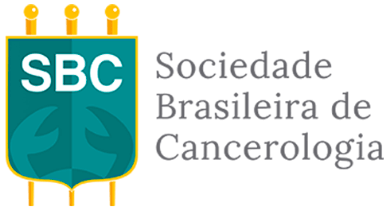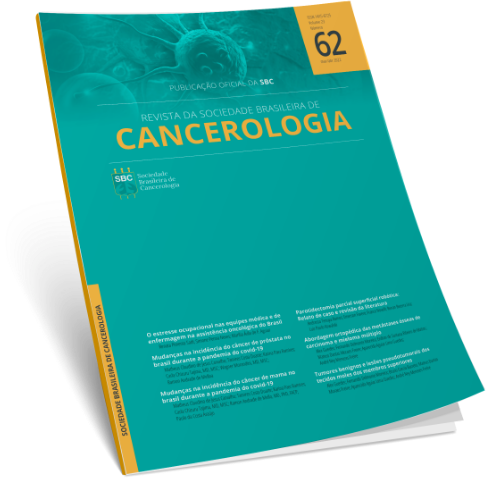Ana Karoline Oliveira de Moura
Maria Eduarda Oliveira de Moura
Rafael Lucas Cerqueira Silva
Maria Júlia Oliveira de Moura
Renara Natália Cerqueira Silva
Renato Silva
Abstract:
Introduction: Meningiomas are caused by abnormal cell multiplication of the arachnoid. This neoplasm represent 2% of all intracranial menigiomas, known by growth and agressive local invasion and potencial to mestastase. These tumors have capacity to infiltrate in the adjacents tissues, compromising the brain function.
Objective: Characterize the epidemiological function of menigiomas in adults in the Northeast of Brazil during the period of 2018 to 2022. Methods: Epidemiological, transversal, descritive and quantitative research. The data was collected at the Informatic Department of the Unique Health System (DATASUS). The variables choosen were: sex, age, Federative Unit of residence and terapeutic modality. The research was dismissed by judgment of the Ethical Commitee due to being public data. Results: During the period of January 2018 to September 2022, it was observed 87 cases of meninge neoplasm in adults in Northeast. In relation to sex, females led (71%). In ages, predominates people from 45 to 54 years old (43,09%). Considering the federative unit of residence, it is noticed that the majority of the notifications was in Bahia (37,39%). In therapeutic modality, 69,62% of the cases don’t have information, and in the registrated, the radiotherapy was emphasized (18,99%).
Conclusion: The prevalence of cases is in females, in the age group of 45 to 54 years old, and the state of Bahia was verified. Highlight that are fewer data about the therapeutic modalities in the Northeast. The lack of notifications of the treatment represents a scenario that deserves attention in public health, aiming to consolidate the information to improve the promotion of therapeutic resources.
Keywords: Brain tumor; brain; meningioma.

